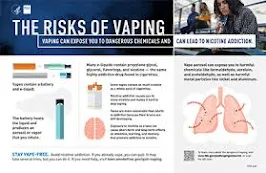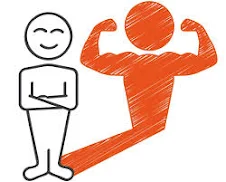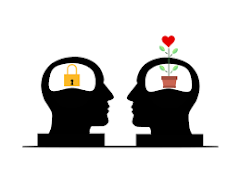Story at-a-glance
- Nearly 38% of cardiovascular deaths in Canada are linked to ultraprocessed foods. These products contribute to 96,000 new heart disease cases and 17,400 deaths each year
- Eating just one additional daily serving of ultraprocessed food raises your risk of obesity by 7%, abdominal fat by 5%, and Type 2 diabetes by 12%
- Ultraprocessed foods increase cognitive decline risk by 16% and stroke risk by 8%, with the strongest effects seen in Black participants
- Processed meat products like hot dogs and deli meats are linked to a 43% higher risk of death from neurodegenerative diseases and a 13% higher all-cause mortality risk
- Even small amounts of ultraprocessed food trigger inflammation, oxidative stress, and mitochondrial dysfunction that accelerate aging and drain your energy daily
Ultraprocessed foods dominate grocery store shelves today in the form of frozen dinners, packaged snacks, and fast-food items. While they offer convenience, they are engineered to hijack your appetite and flood your system with harmful compounds. These products, stripped of real nutrition and loaded with additives, trans fats, and artificial ingredients, are slowly clogging your arteries and setting you up for a heart attack or stroke
A recent analysis from the Department of Nutrition at the University of Montreal, commissioned by the Heart and Stroke Foundation of Canada, set out to measure how much of Canada's heart disease and stroke burden is driven by ultraprocessed foods. They used national health data to model the impact of these foods on adults over age 20.1
•The research identified high numbers of deaths and disability tied to processed food intake — The team linked food intake data from the Canadian Community Health Survey to new cases of cardiovascular disease, deaths from heart disease and stroke, and years of life lost or spent disabled.
•Ultraprocessed foods cause nearly 100,000 cases of heart disease annually — In 2019 alone, ultraprocessed foods contributed to 96,043 new cases of cardiovascular disease, 17,417 deaths, and nearly 389,000 years of life lost or spent living with chronic heart-related conditions.
•Over one-third of heart disease deaths came from eating ultraprocessed foods — The study, a first of its kind,2 was modeled using real national health data and validated risk models, not guesses or projections.
•Reducing ultraprocessed food consumption could save thousands of lives each year — According to the authors, if Canadians cut their intake of these foods by 50%, there would be 45,914 fewer new cardiovascular disease cases annually. It would also save 8,314 lives every single year.
•Men are hit hardest by ultraprocessed food-related heart problems — The highest levels of processed food consumption were seen in young men aged 20 to 24 and adults over 80. Unsurprisingly, the study found that 61% of new heart disease and stroke cases connected to these foods occurred in men. Additionally, men accounted for 52% of the related deaths.
•The damage builds up from youth and compounds with age — Poor eating habits create health problems later, with symptoms like high blood pressure, fatigue, and shortness of breath appearing when damage is already underway.
Ultraprocessed foods are engineered to make you overeat. These foods are packed with industrial ingredients like refined sugars, trans fats, and chemicals designed to override your fullness signals. The result? Overeating, weight gain, and chronic inflammation, which damage your artery walls and raise your blood clot risk.
Your brain also suffers WHEN YOU EAT ULTRAPROCESSED foods. The featured study adds to the growing evidence associating ultraprocessed food with adverse health outcomes. Another recent study published in Neurology3 also points out how these products damage brain function and increase the likelihood of stroke. The study found sharp increases in risk — More than 14,000 adults without cognitive impairment and over 20,000 adults without prior strokes were tracked for years. The researchers found that for every 10% increase in ultraprocessed food consumption, cognitive impairment risk jumped by 16%, and stroke risk rose by 8%.😡😡😡






























































